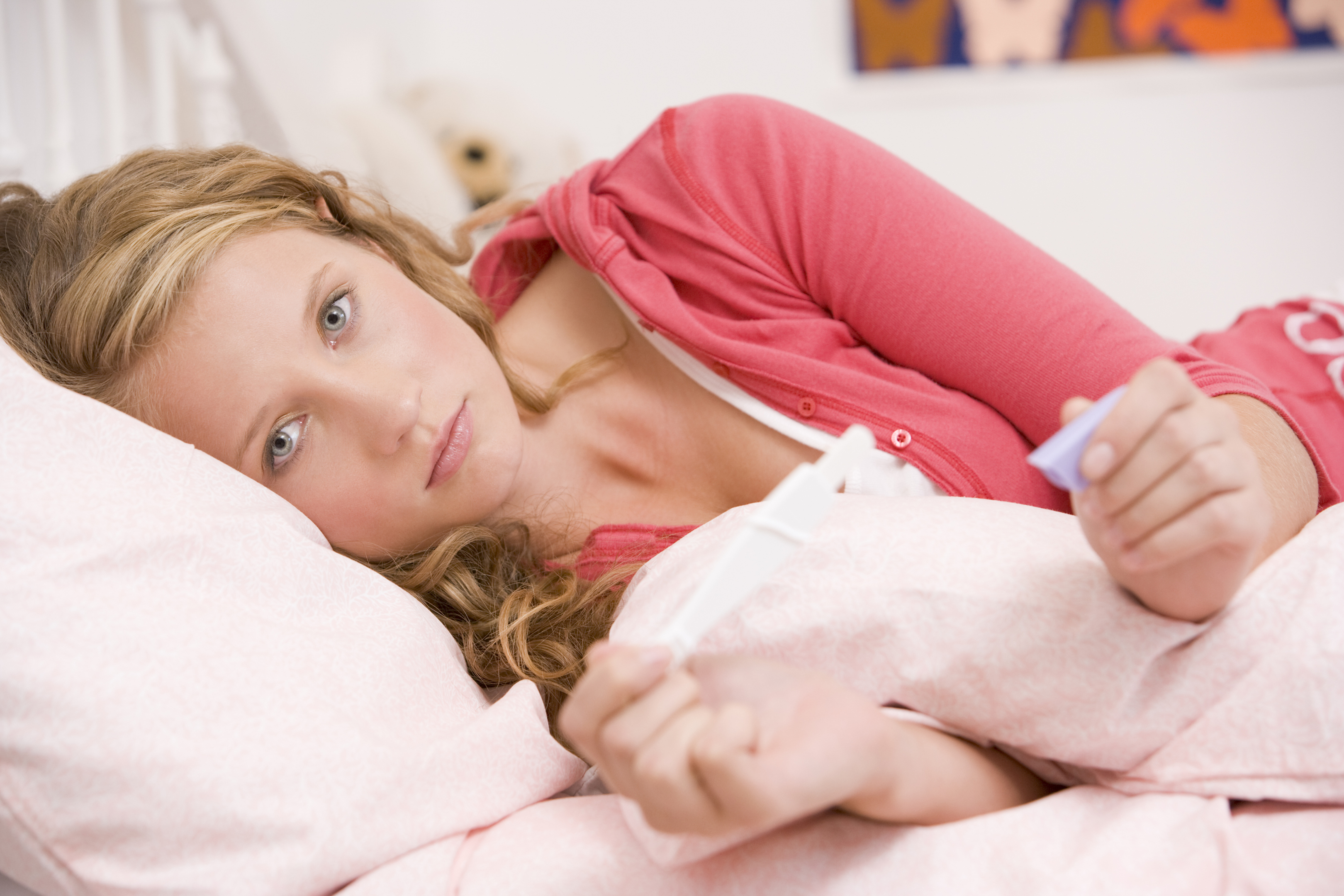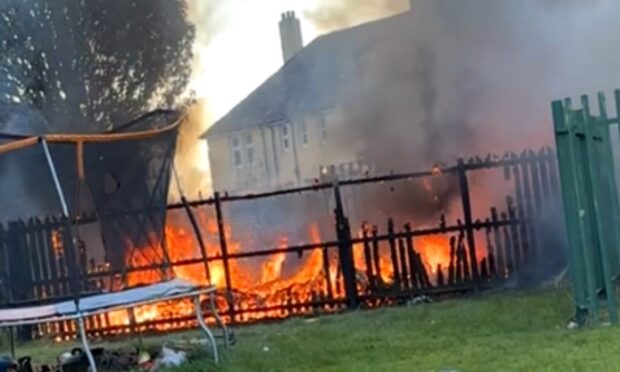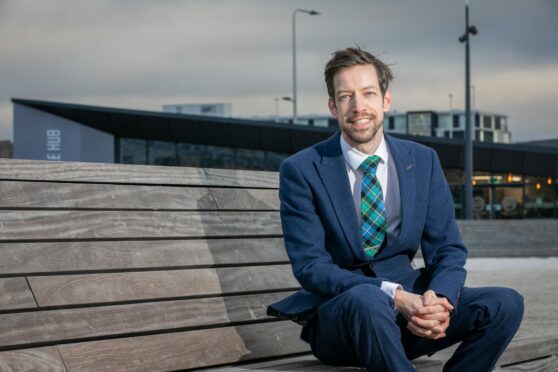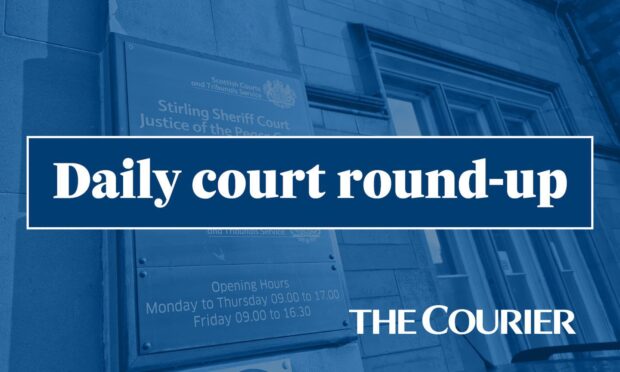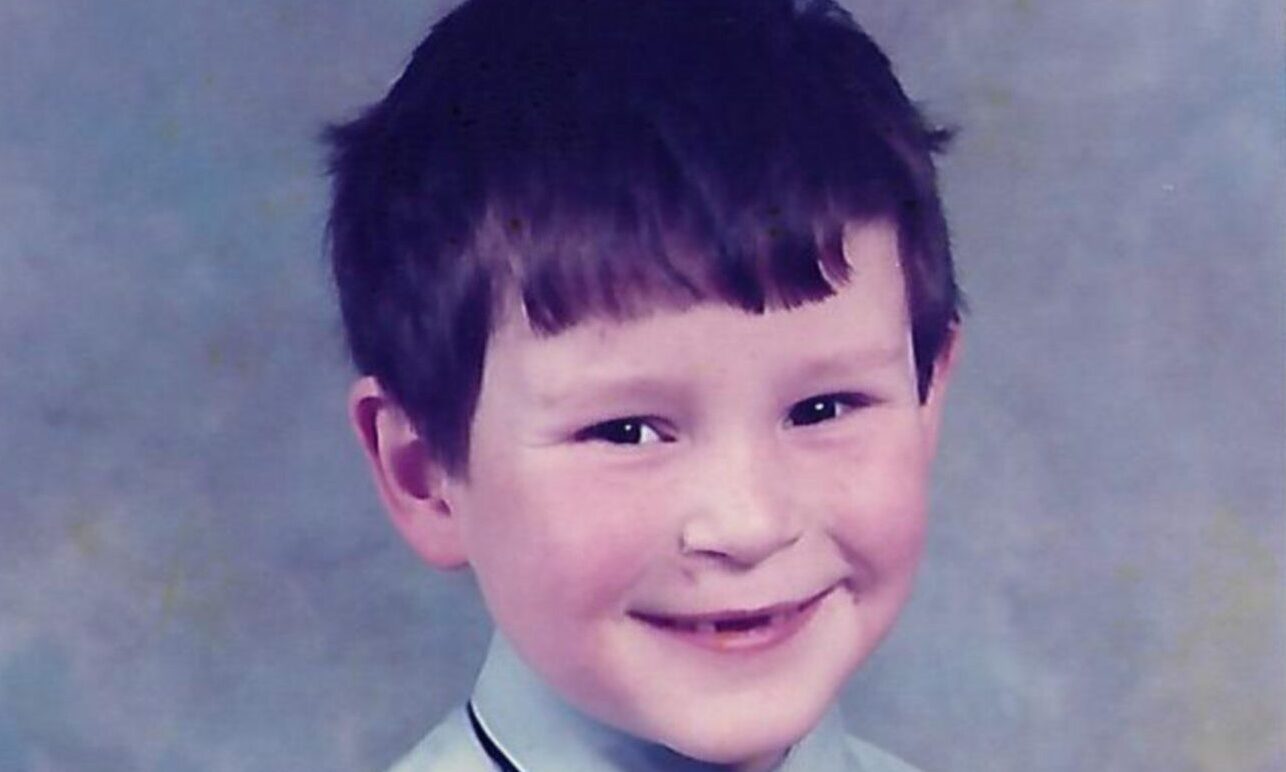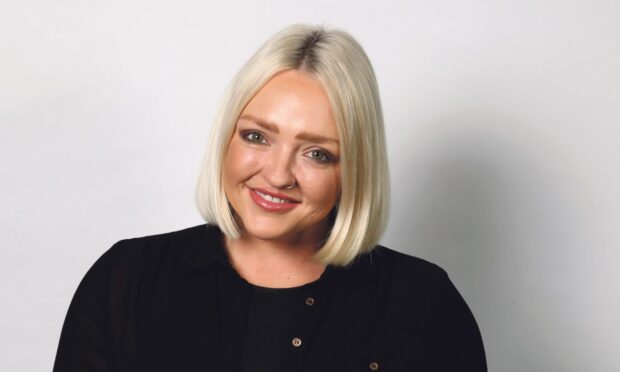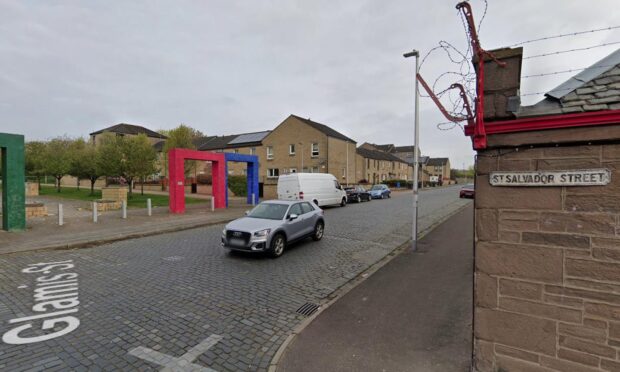Children as young as 12 in Tayside have been prescribed the morning after pill.
Disturbing statistics released as part of a Freedom of Information request reveal that dozens of children under the age of 16 have been prescribed the emergency pill over the past five years.
According to the NHS, emergency contraception: “can prevent pregnancy after unprotected sex or if your contraceptive method has failed.”
According to the figures provided, emergency pills have been prescribed to at least one Tayside child each year between 2012 and 2017.
The most recent data released by NHS Tayside, for 2016/2017, shows a dozen 14-year-olds have been prescribed the morning after pill in the region.
Twenty 15-year-olds and 19 16-year-olds were also prescribed emergency contraception during the same period.
Emergency pills were given to at least one 12-year-old in 2011/12 and 2014/15.
More accurate figures have been withheld due to the risk of identifying the individuals involved.
Despite the figures, Tayside’s teenage pregnancy rate has reduced significantly during the past decade.
In 2007, the region’s teenage pregnancy rate was 11.8 of every 1000 females under the age of 16. That has reduced to 5.8 of every 1000 women — a 51% drop.
North East MSP Bill Bowman welcomed news that Tayside’s teen pregnancy rate has continued to drop but warned the fact such young children are seeking emergency contraception proves further work is required.
Mr Bowman said: “It is good to note that unplanned teenage pregnancy rates in Dundee have dropped significantly since the years when the city had the highest rate in Western Europe.
“But is it a great reflection on our society that so many 12 and 13 year-olds in Tayside have to be prescribed contraceptive medication?
“If there are so many people sexually active at the age of 12, let alone 10 or 11, as these figures would appear to suggest, there is indeed a lot of work to be done.”
Dundee’s children and families service convener Gregor Murray said: “I think it’s fabulous that we’re bringing the number of teenage pregnancies down so much.
“We’ve achieved this by working more collaboratively with the NHS and other partners to make sure that we’re all working together with a coherent message.
“There’s more that can be done — there always will be — but the momentum and the direction of travel are hugely encouraging.
“Projects (on offer locally) are really helping to empower young people to make the right decisions for themselves.”
A spokesperson for NHS Tayside said: “We provide information on emergency contraception and the supporting consultation and advice to young people in a variety of ways, signposting them to specialist services to address their ongoing sexual and reproductive health needs.
“Schools play a very significant part in delivering effective relationship, sexual health and parenthood education, and we’ve done much to improve our information and education programmes over recent years to make sure that the content is relevant to young people today.”
“In Dundee we developed an award-winning peer education programme delivered in schools that aims to provide young people with the information, skills and confidence to make healthy decisions about relationships and sexual health.”
